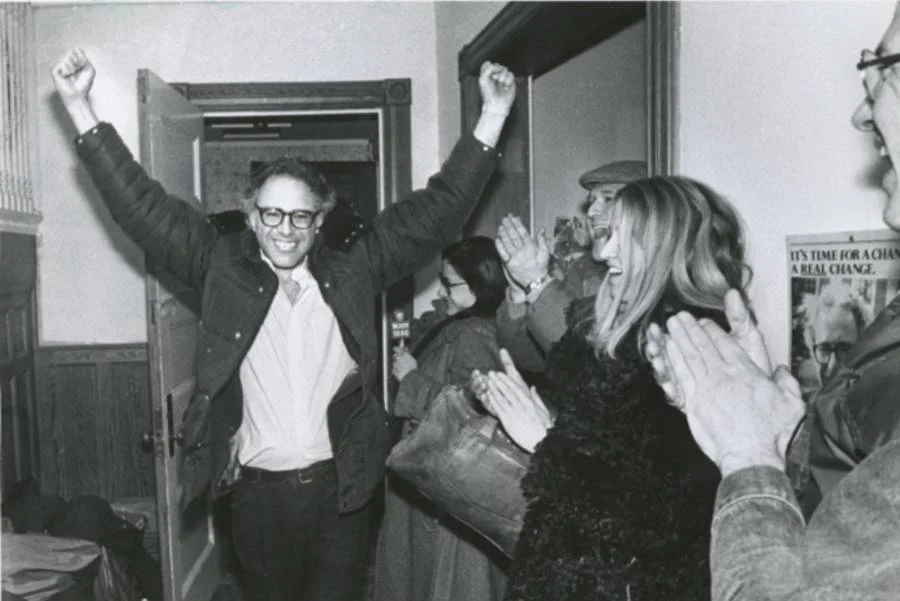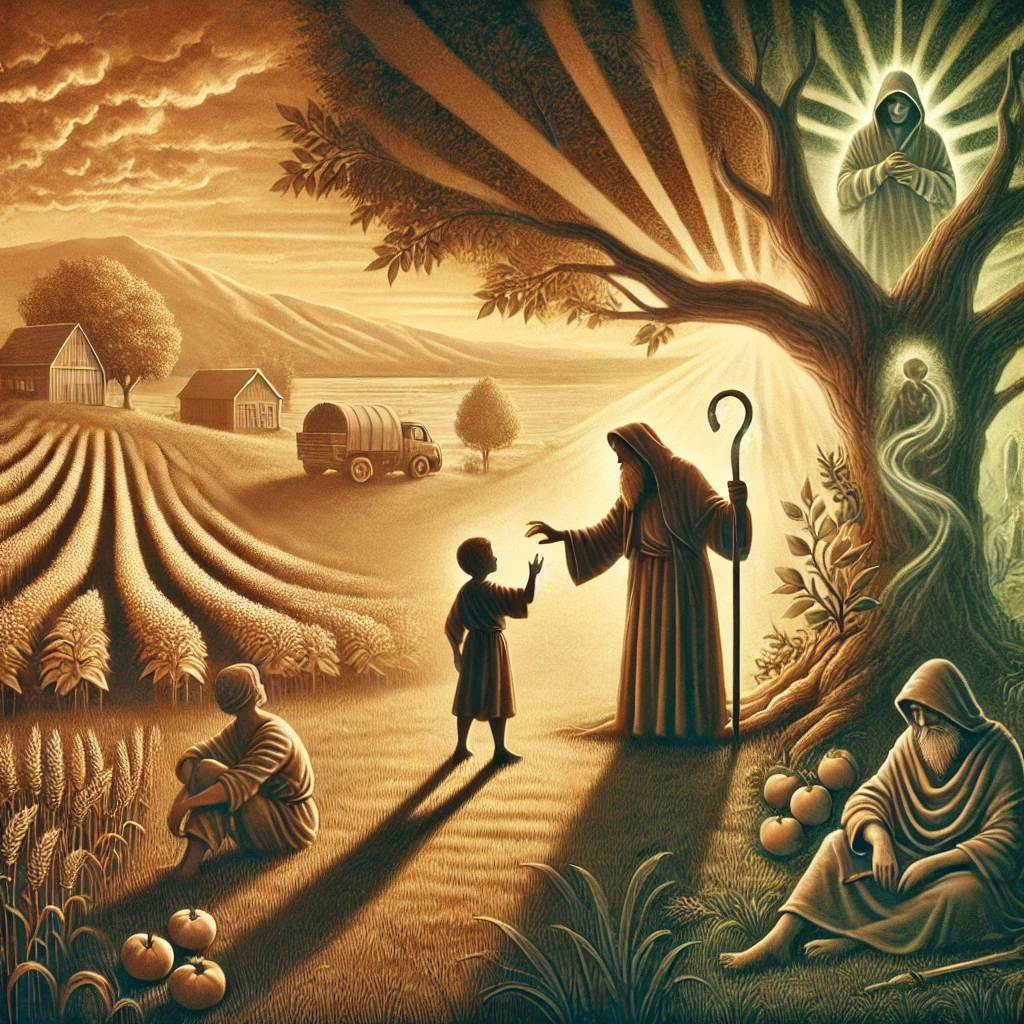In February 2020, during the Democratic primary season, MSNBC’s “Hardball” host Chris Matthews made a controversial on-air statement suggesting that Democratic Party elites might prefer President Donald Trump over Senator Bernie Sanders as the party’s nominee. This remark came amid Sanders’ significant victory in the Nevada caucuses, which positioned him as a leading contender for the Democratic nomination.
Matthews expressed skepticism about Sanders’ electability and the potential impact of his policies on the Democratic Party’s future. He questioned whether Democratic moderates would support Sanders as the nominee, implying that some might favor Trump’s re-election over a Sanders presidency. Matthews stated, “I’m wondering if the Democratic moderates want Bernie Sanders to be president? I mean, that’s maybe too exciting a question to raise—they don’t like Trump at all. But do they want Bernie Sanders to take over the Democratic Party in perpetuity? I mean, he takes it over, he sets the direction for the future of the party. Maybe they’d rather wait four years and put in a Democrat that they like.”
The backlash was swift, with many viewers and political commentators criticizing Matthews for suggesting that party elites would prefer Trump over a fellow Democrat. Critics argued that such a stance undermined the party’s unity and contradicted the broader goal of defeating Trump in the upcoming election.
In the days following his remarks, Matthews faced mounting pressure and criticism, leading to his resignation from MSNBC in March 2020. His departure marked the end of his two-decade tenure with the network and highlighted the deep ideological divisions within the Democratic Party during the 2020 primary season.
In the lead-up to the 2020 U.S. presidential election, political tensions were at an all-time high. The Democratic Party was grappling with ideological divides between its progressive and moderate factions, personified by candidates like Bernie Sanders and Joe Biden. Against this backdrop, a surprising on-air statement by a prominent newscaster on a Democratic-leaning news network sparked outrage, debate, and confusion among viewers and political pundits alike.
The Shocking Declaration
During a live broadcast discussing the Democratic primary race, the newscaster, a self-professed moderate Democrat, made an unexpected declaration: he would rather see Donald Trump win reelection than witness Bernie Sanders become president. The comment was not a casual aside—it was delivered during a heated discussion about the implications of Sanders’ policies on the Democratic Party and the nation as a whole.
The newscaster argued that Sanders’ democratic socialist platform, which included proposals like Medicare for All and tuition-free college, would alienate moderate voters, destabilize the economy, and jeopardize the Democratic Party’s future. While acknowledging Trump’s divisive rhetoric and policies, the newscaster claimed that a second Trump term would be less damaging than a Sanders presidency, which he characterized as a “radical experiment.”
Immediate Backlash
The reaction was swift and intense. Social media exploded with criticism, particularly from progressive circles who accused the newscaster of prioritizing party politics and personal ideology over the broader fight against Trumpism. Prominent progressive figures called out the statement as an example of the Democratic establishment’s hostility toward progressive movements.
Supporters of Sanders pointed out the hypocrisy of framing his policies as radical when similar ideas are widely accepted in other developed nations. They argued that the newscaster’s comment demonstrated the extent to which some moderates were willing to undermine their own party’s values to maintain the status quo.
Defense and Clarification
The newscaster later clarified his remarks, stating that his preference for Trump over Sanders was not an endorsement of Trump’s policies but a reflection of his belief that Sanders’ agenda would be politically untenable and harmful to the nation. He emphasized his commitment to Democratic ideals but insisted that a Sanders presidency could hand Republicans a long-term advantage by fracturing the Democratic coalition and alienating swing voters.
However, this explanation did little to quell the outrage. Critics argued that the comment undermined the Democratic Party’s unity and sent a mixed message to voters at a time when defeating Trump was the party’s primary objective.
The Broader Implications
The incident highlighted the deep ideological rift within the Democratic Party. While many moderates were concerned about Sanders’ electability and the feasibility of his proposals, progressives viewed the resistance to Sanders as emblematic of a broader unwillingness to embrace transformative change.
The controversy also raised questions about the role of media personalities in shaping political narratives. As trusted voices for their audience, newscasters wield significant influence. Publicly expressing a preference for Trump over a Democratic candidate—however polarizing—exposed the potential for bias and personal ideology to seep into reporting.
A Lasting Legacy
Though Sanders ultimately lost the Democratic nomination to Joe Biden, the newscaster’s comment became a flashpoint in the broader conversation about the future of the Democratic Party. It underscored the challenges of reconciling the party’s diverse factions and the difficulties in maintaining unity in the face of ideological disagreements.
In retrospect, the moment serves as a reminder of the stakes in political discourse. For many, the comment was not just about Sanders or Trump but about the values that define the Democratic Party and the choices its members must make to secure a path forward.



